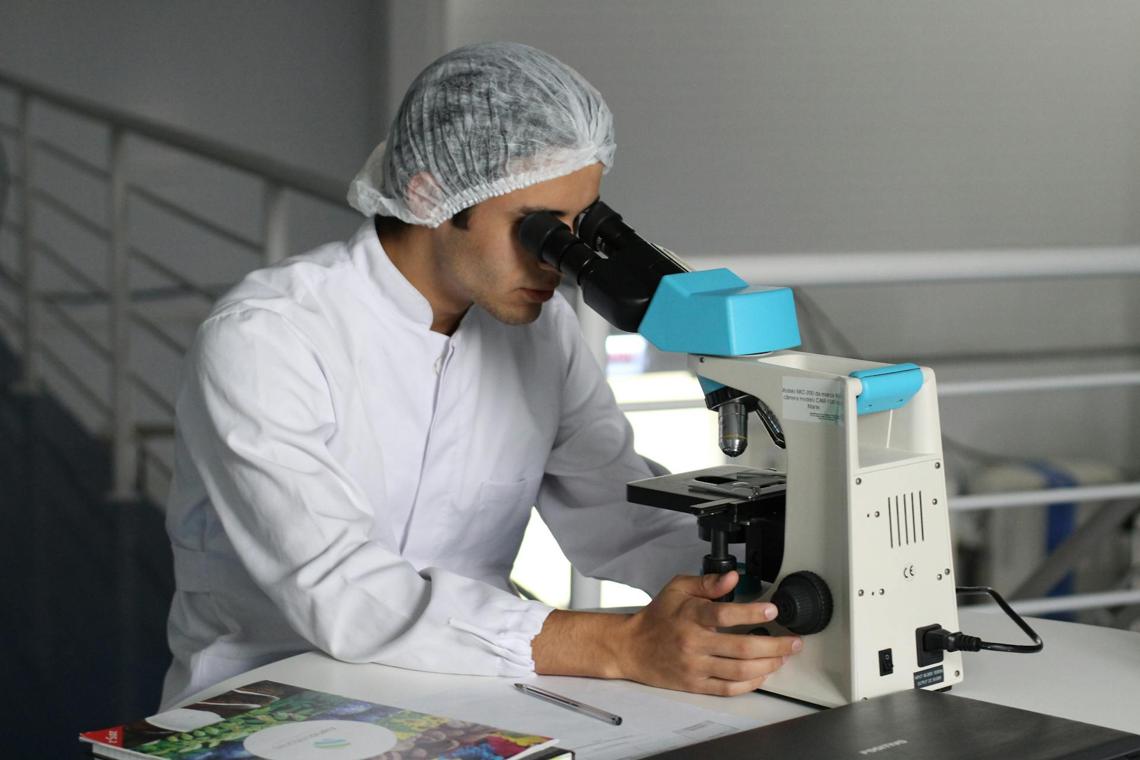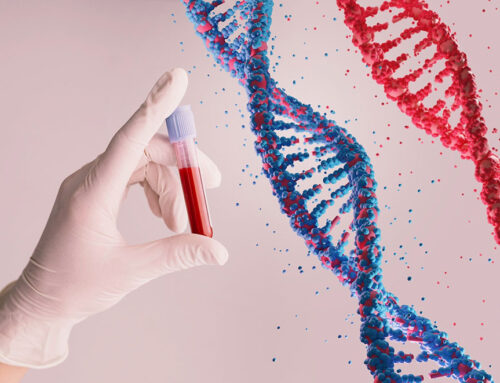
The timely and secure transport of medical specimens and biological materials is a crucial component of the research and analyses conducted in biotech labs. This is where top medical courier services make their contribution, acting as a critical link between biotech laboratories, hospitals, and research centers. Their role, often underestimated, is pivotal in propelling lab operations and ensuring the integrity and efficiency of medical research and diagnostics.
The Role of Medical Couriers
Medical couriers are responsible for transporting samples, such as blood samples, tissue samples, clinical trial materials, pharmaceuticals, and other biological materials. Unlike regular couriers, medical couriers are trained to handle and transport these items under specific conditions, such as temperature control, to ensure that they arrive at their destination without being compromised. This specialized service is integral to maintaining the workflow of biotech laboratories, enabling them to operate smoothly and without interruption.
The importance of medical couriers extends beyond mere transportation. They are responsible for ensuring that all transported items are handled according to strict regulatory standards and guidelines, such as those outlined by the regulations required for the Transportation of Dangerous Goods (TDG) and Personal Information Protection and Electronic Documents Act standards and regulations for handling and transporting hazardous and sensitive deliveries. This includes adhering to proper packaging standards, managing documentation, and ensuring chain of custody, which is crucial for maintaining the integrity of the specimens and the accuracy of laboratory results.
Impact on Biotech Lab Operations
The efficiency of medical couriers directly impacts the speed and accuracy of biotech lab operations. Timely delivery is critical, especially when dealing with perishable biological materials that have a limited viable lifespan outside controlled environments. Delays or mishandling can lead to compromised samples, resulting in inaccurate test results, wasted resources, and, potentially, delayed medical treatments.
Furthermore, the globalization of the biotechnology industry has increased the need for medical courier services. As biotech companies engage in international research collaborations and clinical trials, the demand for secure and efficient transportation of medical specimens across borders has grown. Medical couriers facilitate this global exchange, enabling labs to access a wider range of samples, collaborate more effectively, and accelerate the pace of medical research and innovation.
Challenges and Solutions
The role of medical couriers is not without its challenges. They must navigate a variety of obstacles, including traffic, weather conditions, and stringent regulatory requirements, all while ensuring the integrity of the materials they transport. To overcome these challenges, courier services like R Courier employ advanced technology, such as GPS tracking and temperature-controlled vehicles, to monitor deliveries in real-time and maintain optimal conditions for biological materials.
Moreover, continuous training and education are crucial for medical couriers to stay updated on the latest regulatory changes, packaging standards, and safety protocols. This ensures that they can effectively address the evolving needs of the biotechnology industry and maintain the highest standards of service.
Conclusion
Medical couriers are an indispensable component of the biotech industry, ensuring that laboratories operate efficiently and effectively. By providing specialized transportation services, they support the continuous flow of research and diagnostics, contributing to advancements in medical science and patient care.





